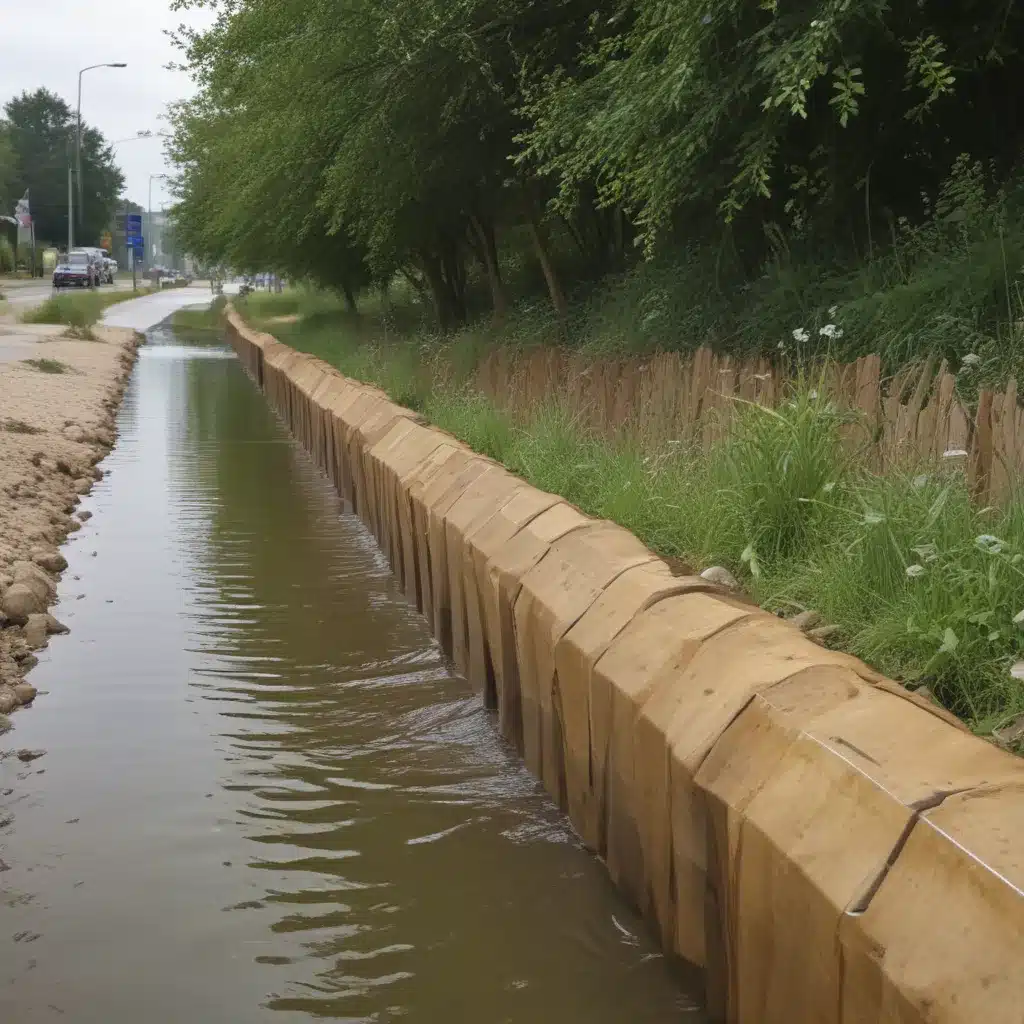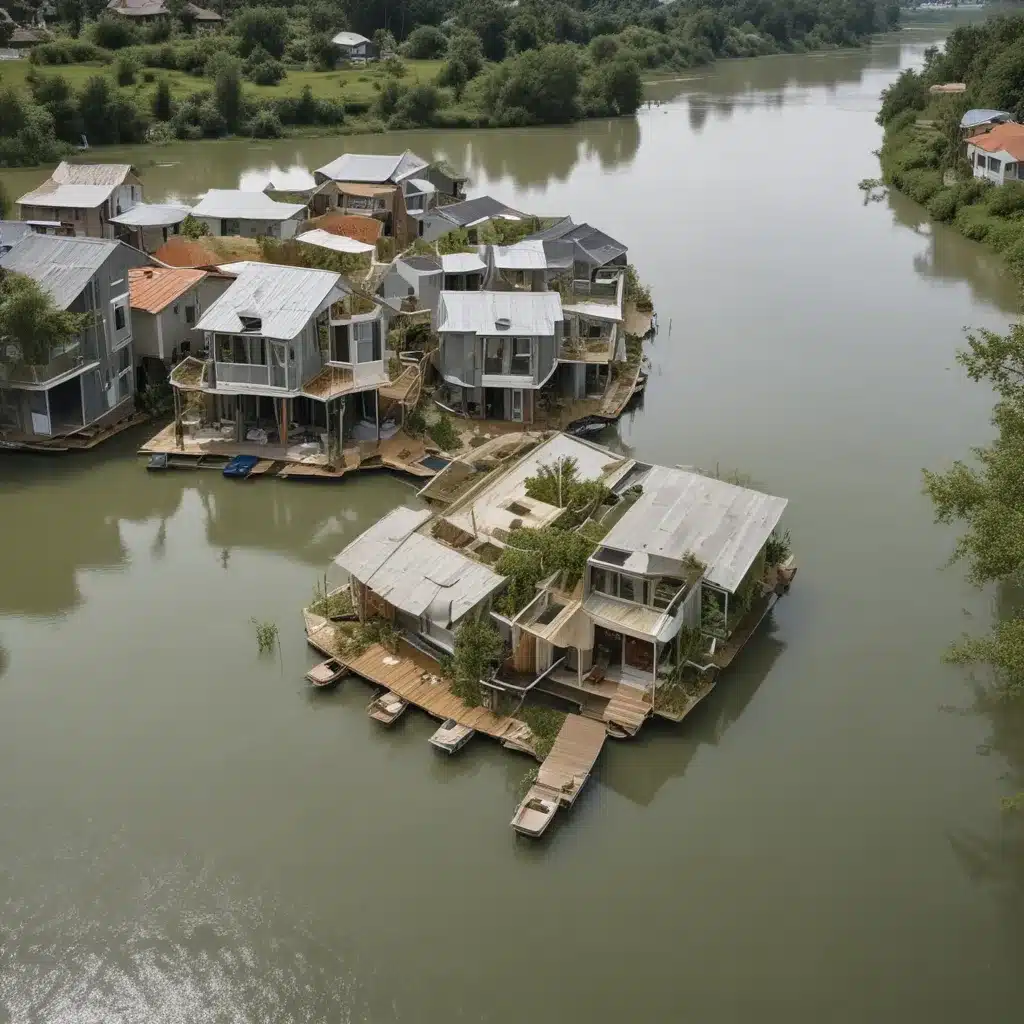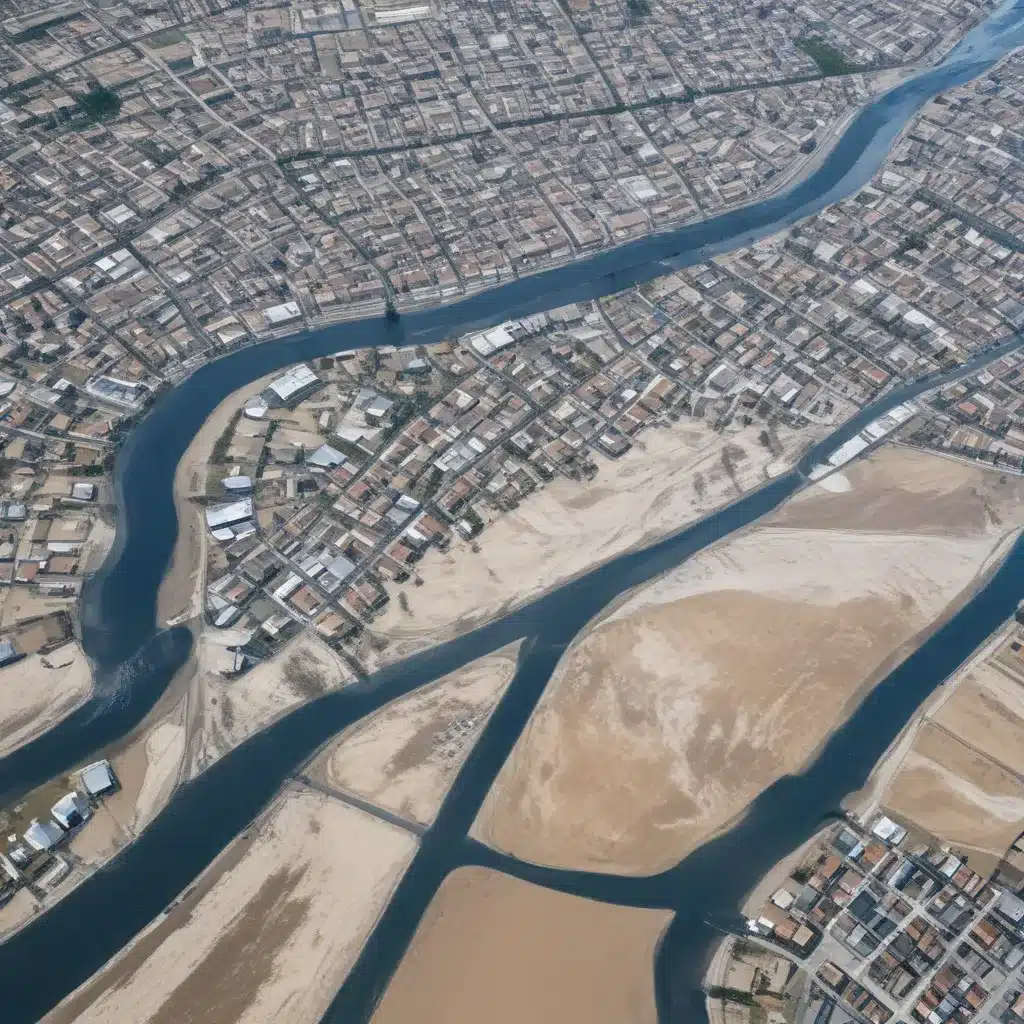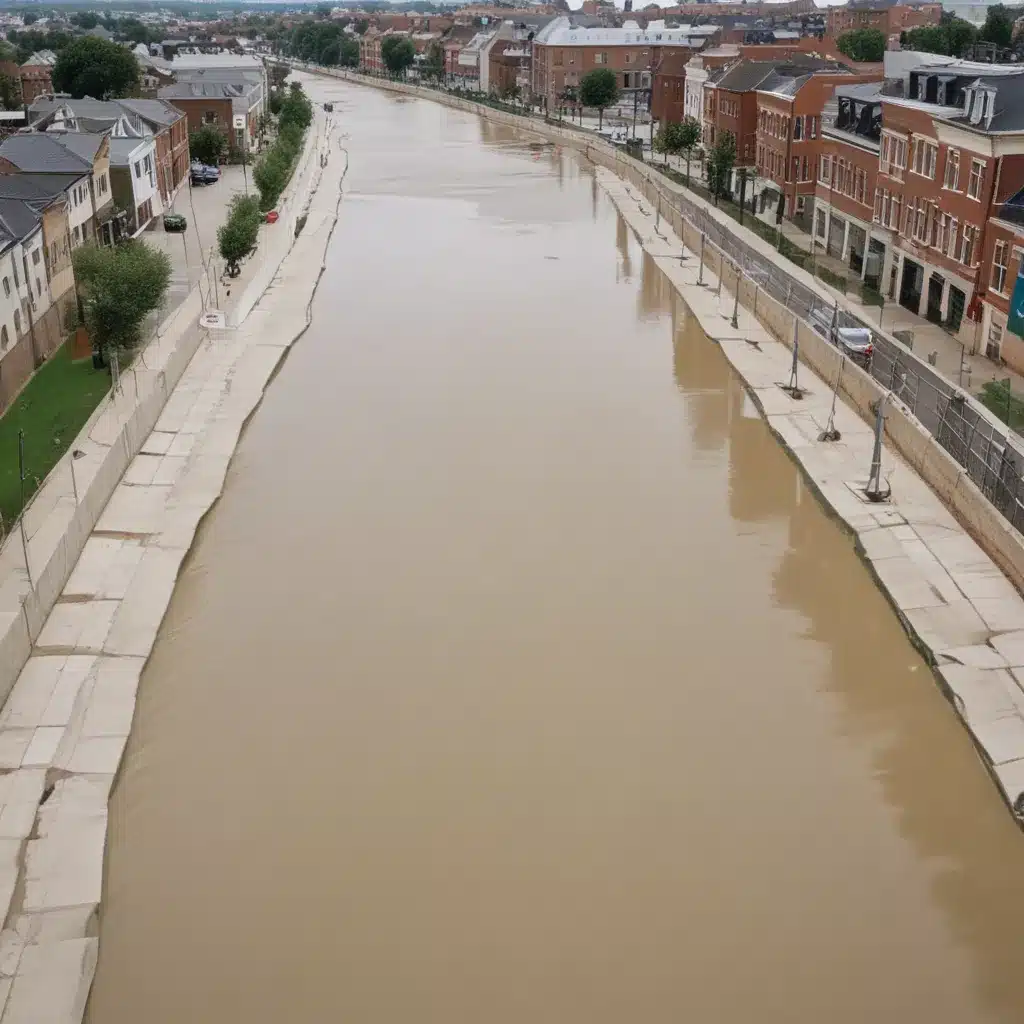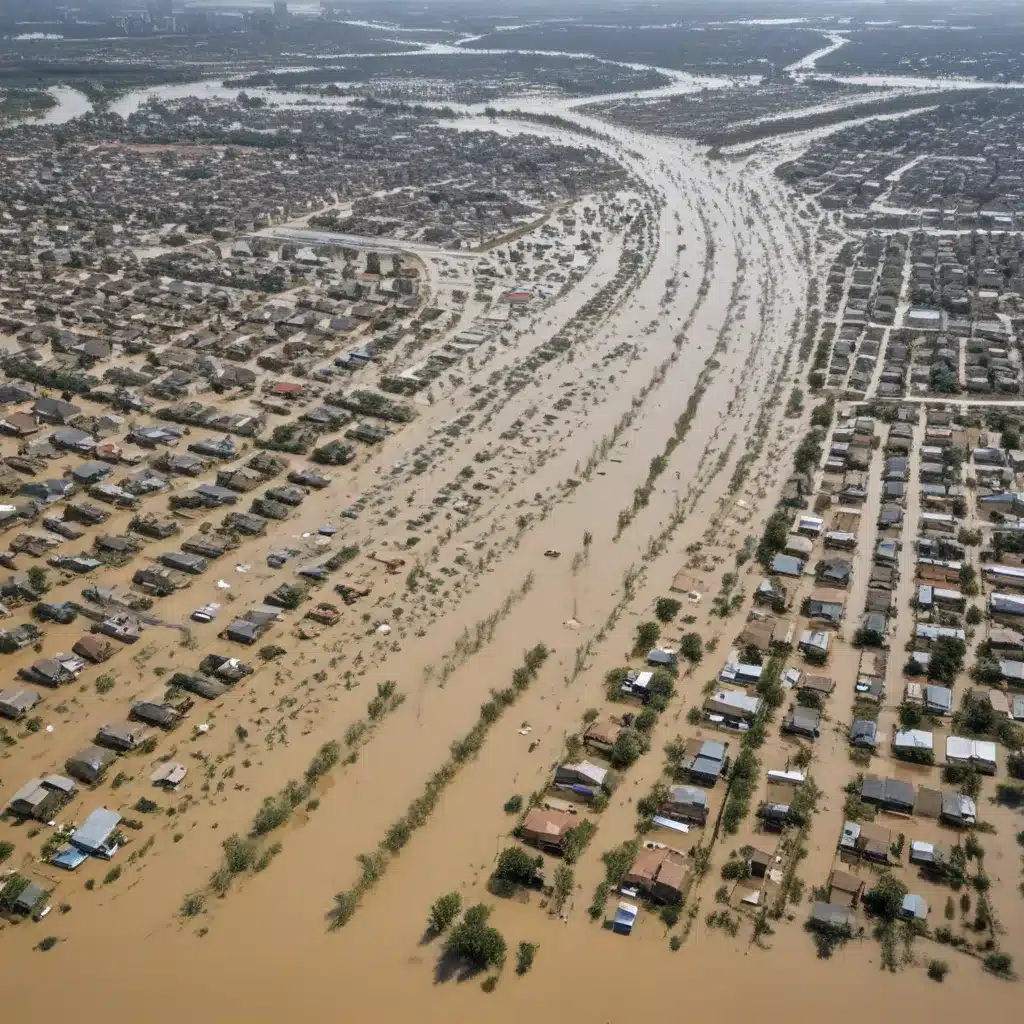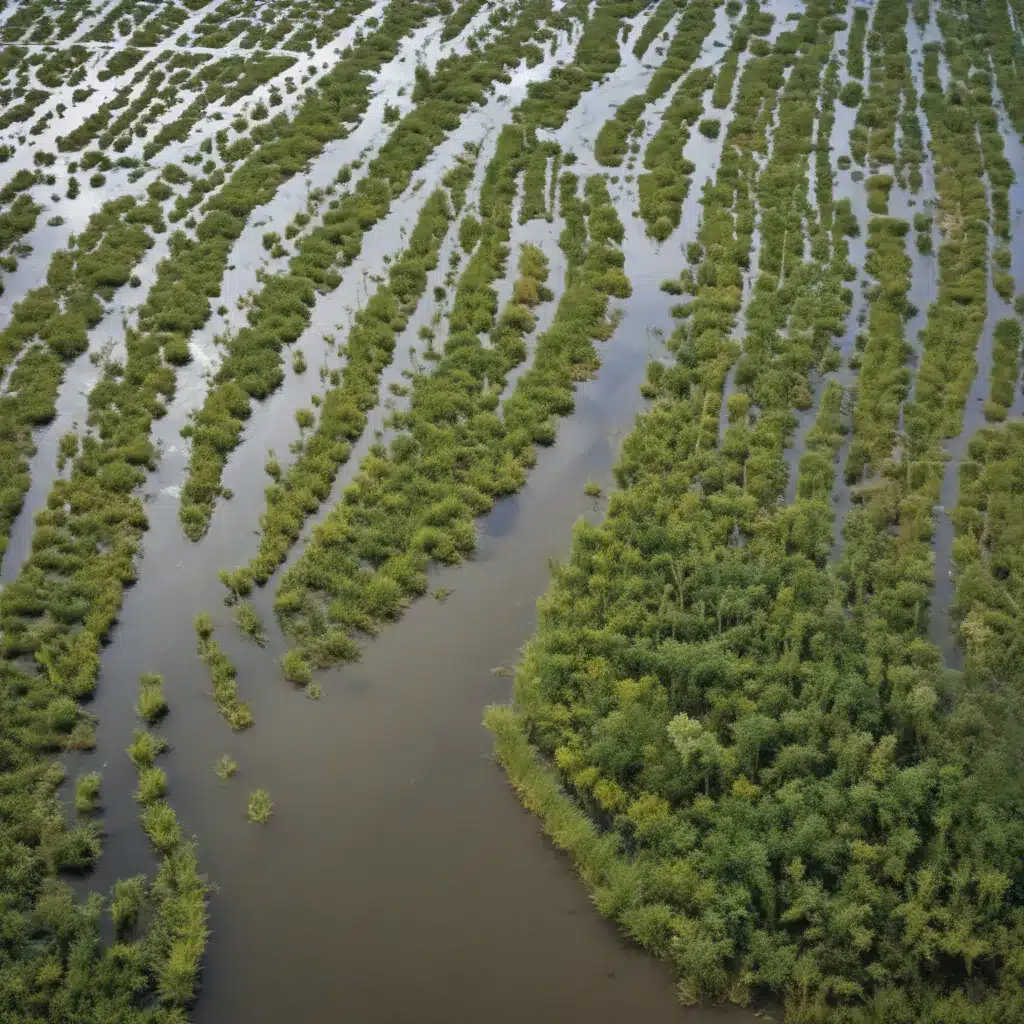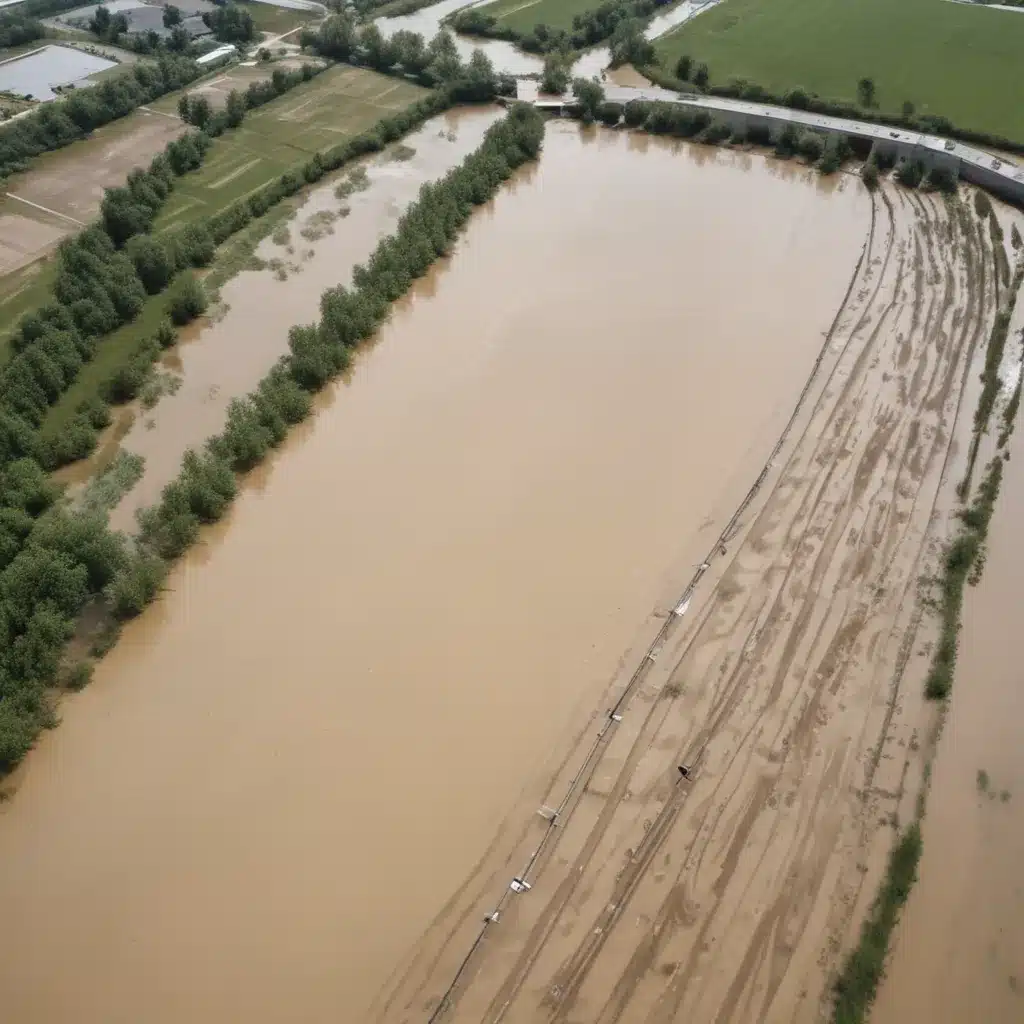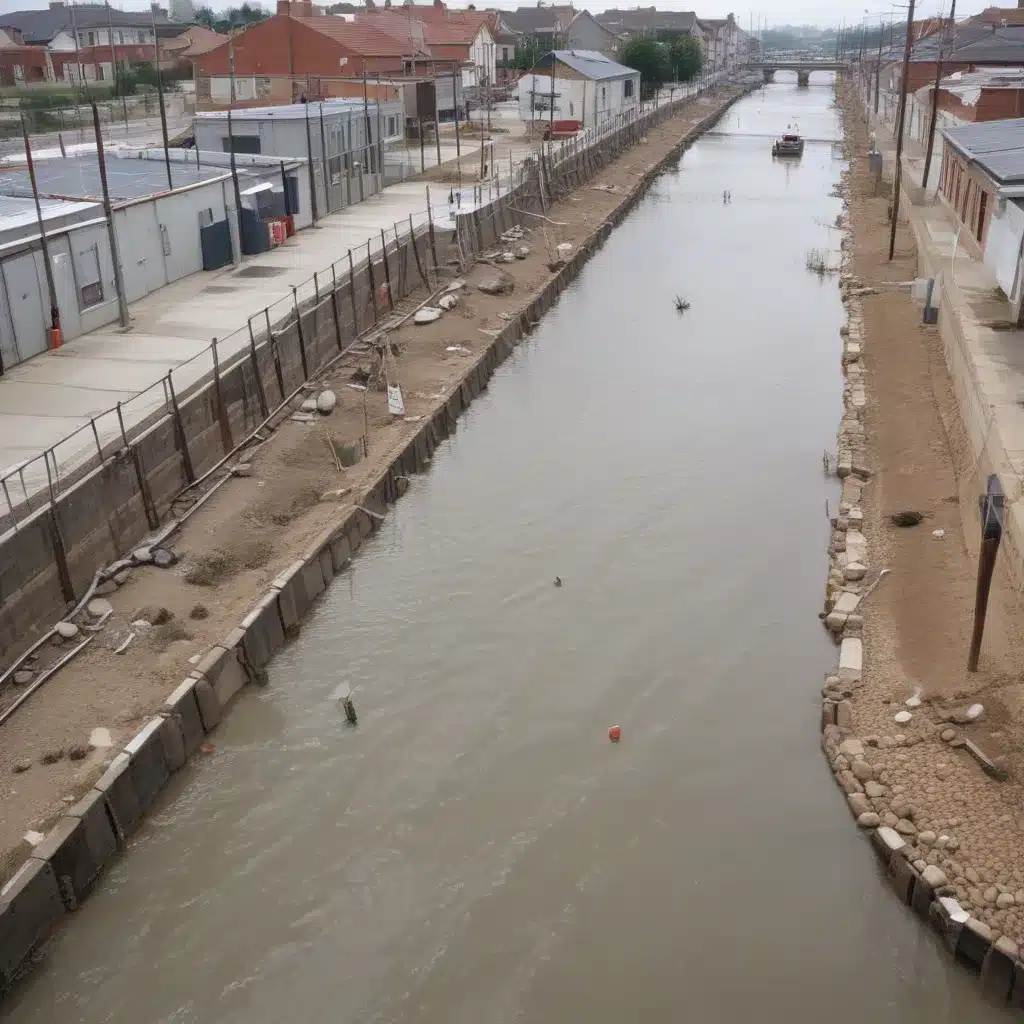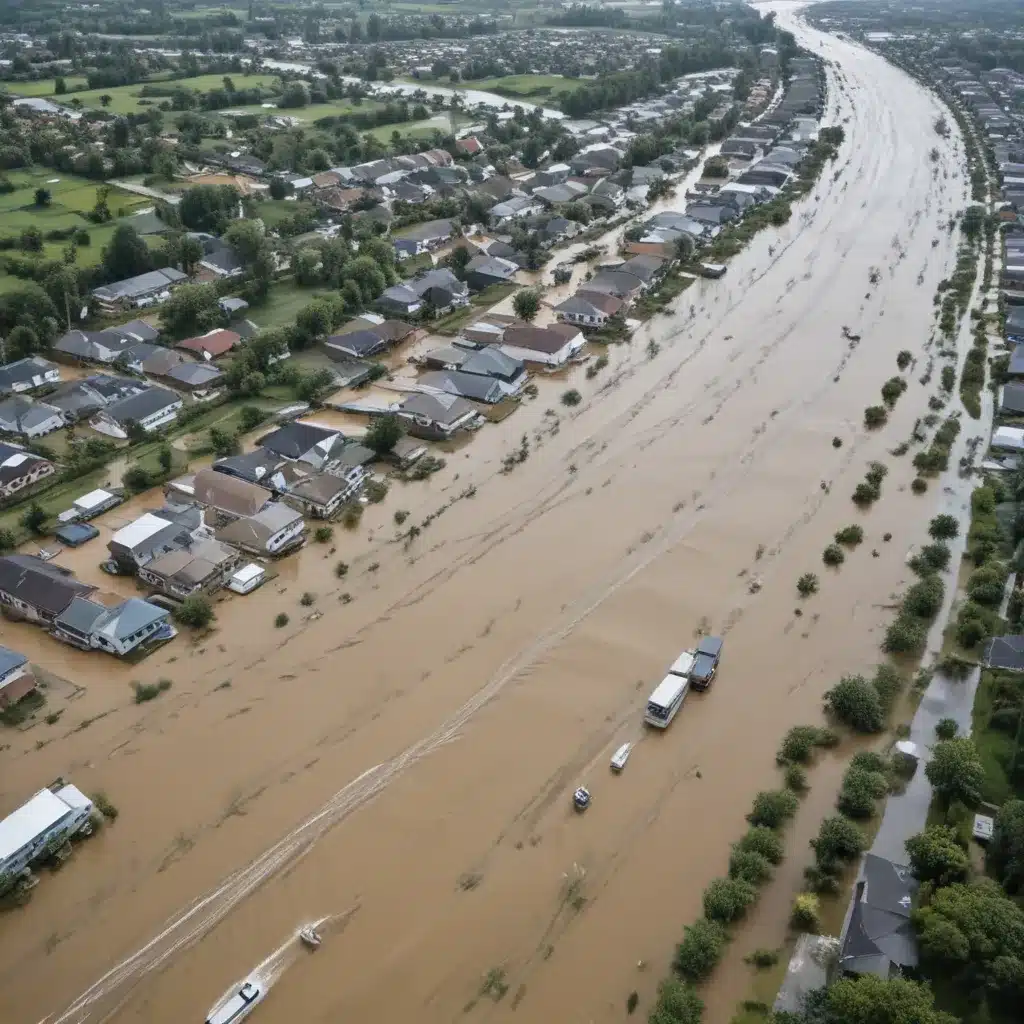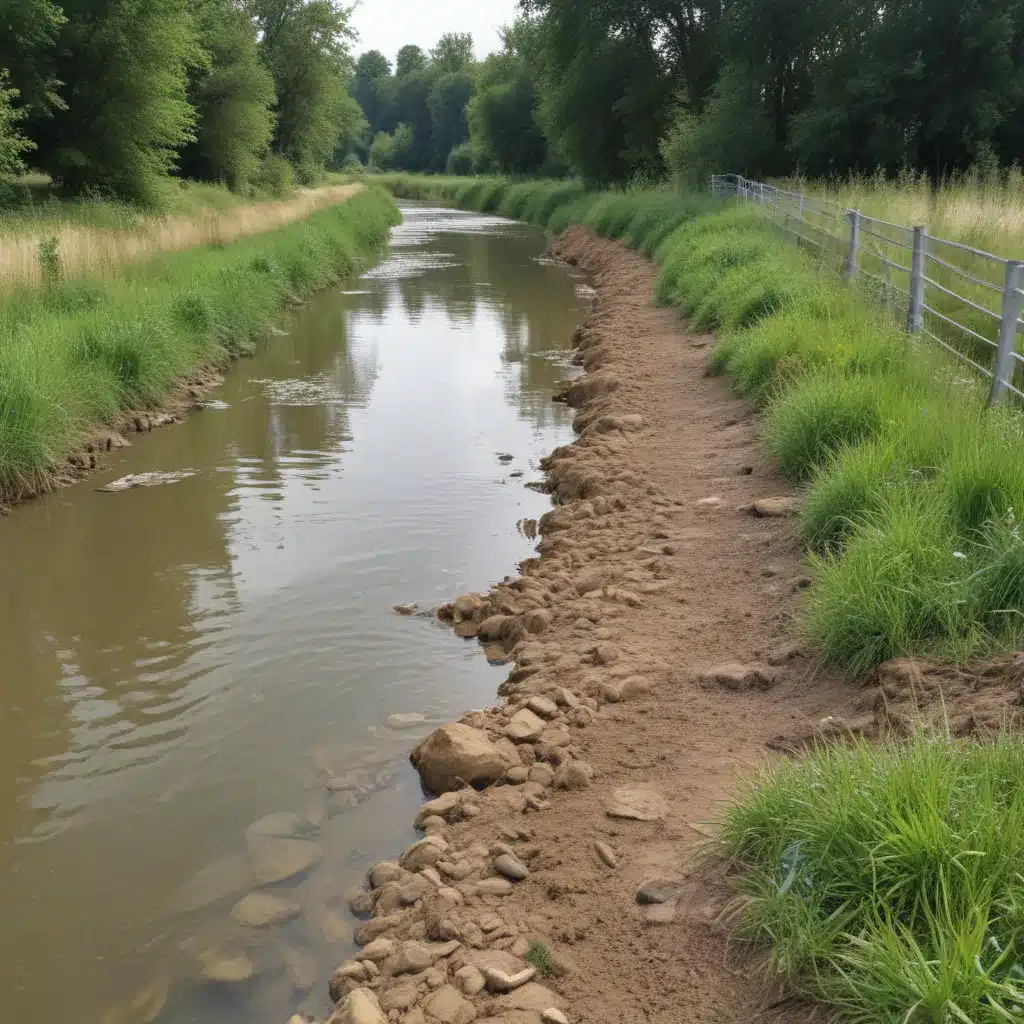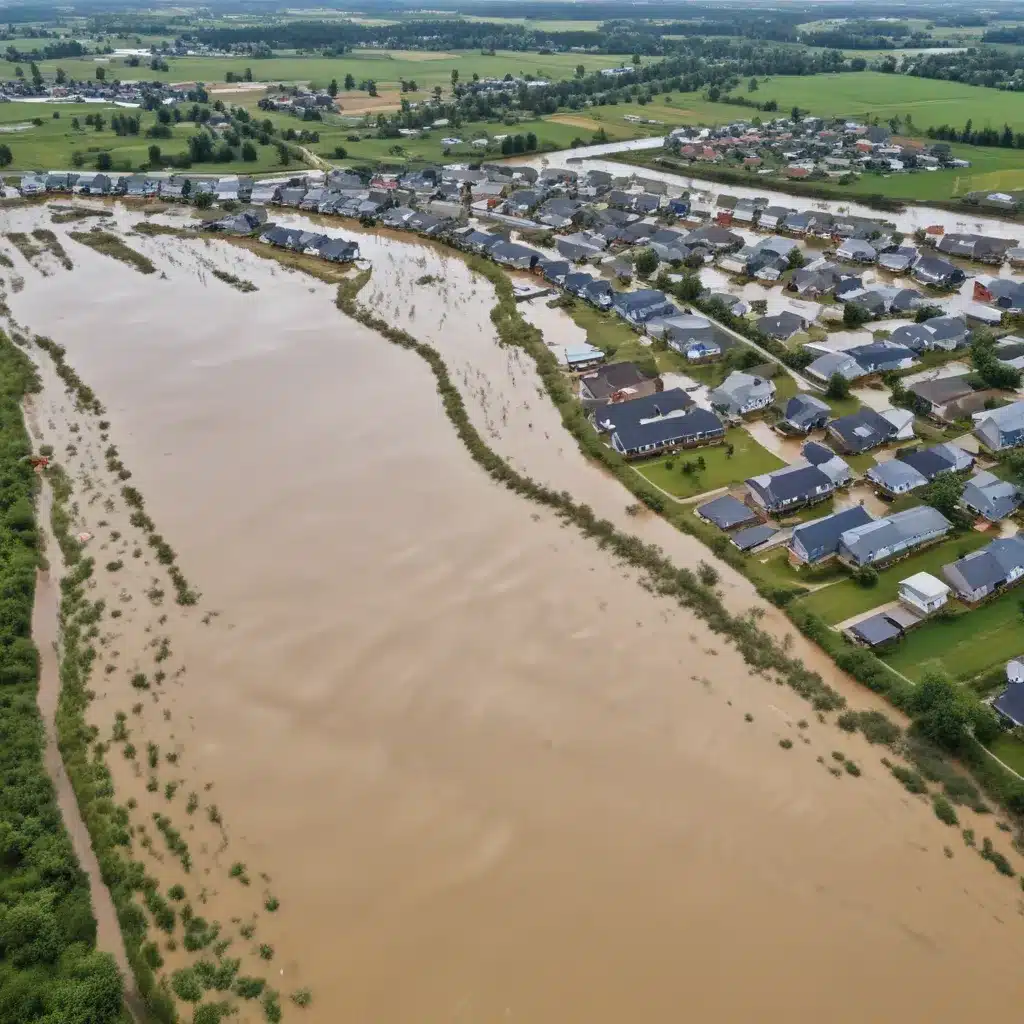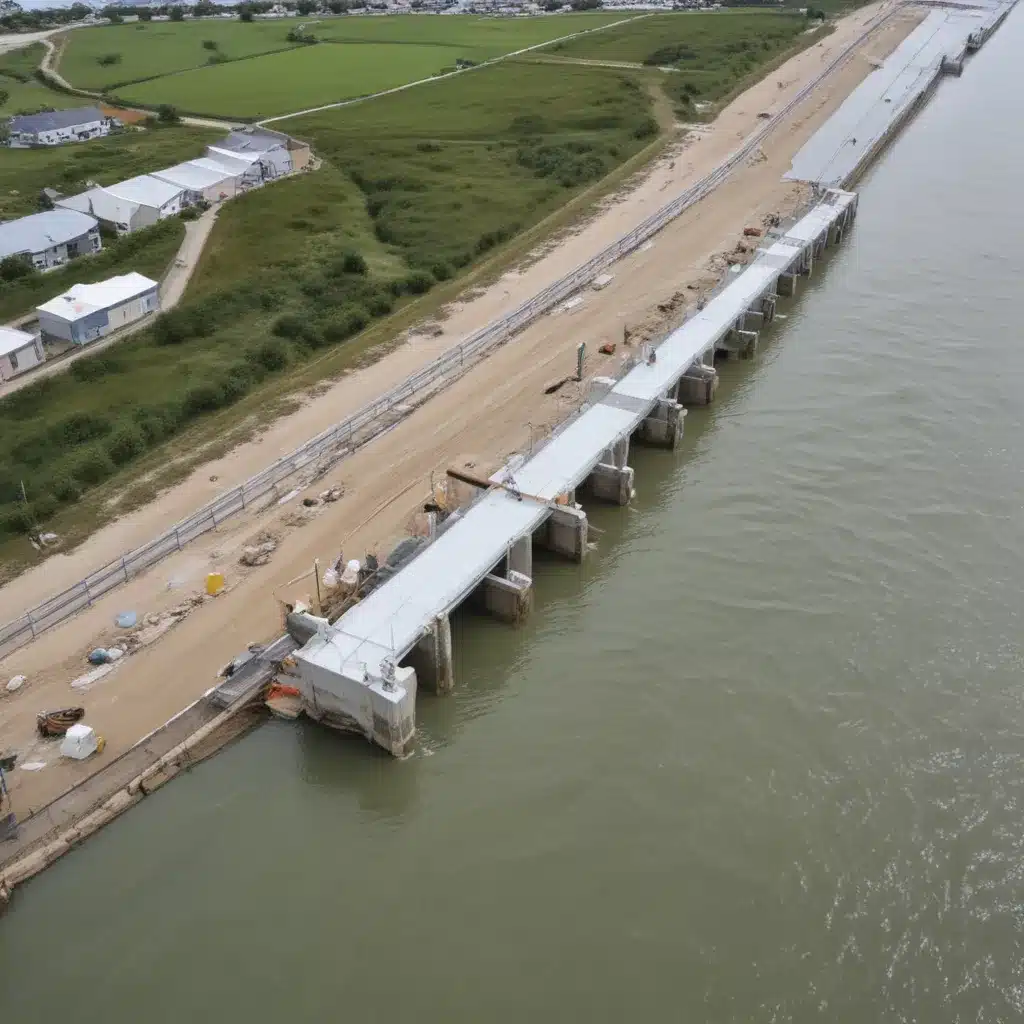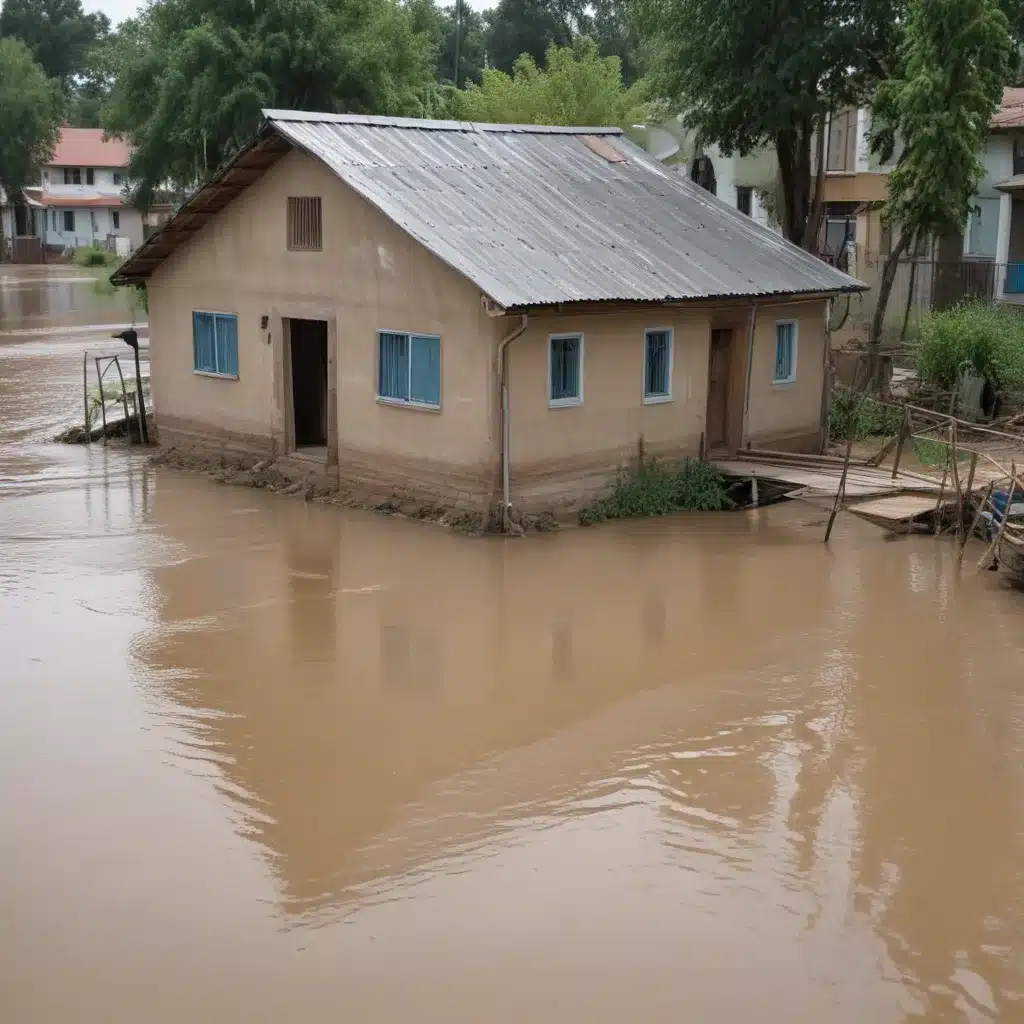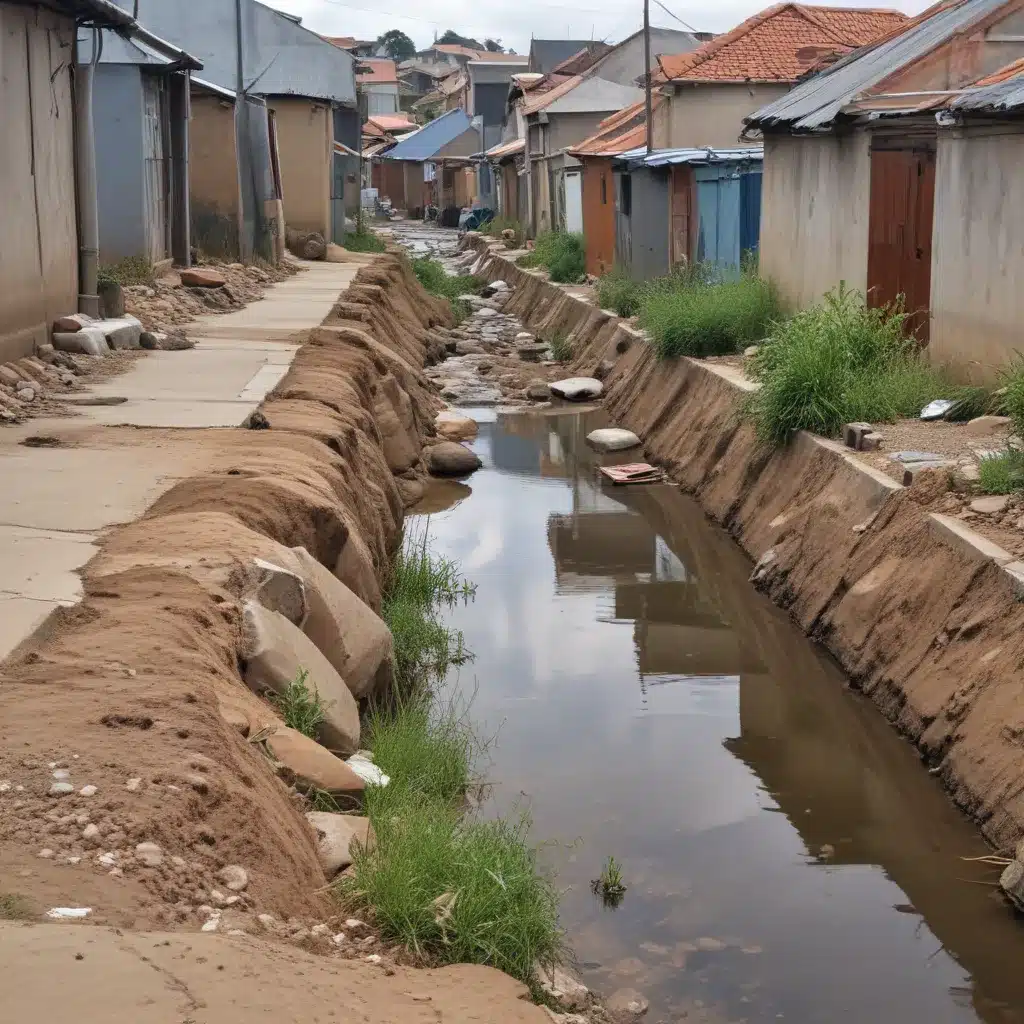
Informal settlements, often referred to as slums or shanty towns, are home to millions of people worldwide. These communities, characterized by substandard housing, limited access to basic services, and precarious land tenure, face unique challenges when it comes to stormwater management. Effective drainage systems are crucial to mitigate the destructive impacts of floods, which can devastate these vulnerable neighborhoods. As a flood control specialist, I’ll delve into the complexities of addressing stormwater issues in informal settlements, exploring design strategies, infrastructure solutions, and community-based approaches to build resilience.
Flood Risk Assessment
Accurately assessing the flood risk in informal settlements is the first step towards developing appropriate stormwater management solutions. Hydrological modeling can provide valuable insights into the patterns and volumes of water flow, identifying areas prone to inundation. This process involves analyzing rainfall data, terrain characteristics, and the capacity of existing drainage infrastructure.
Equally important is vulnerability analysis, which examines the potential impacts of flooding on the built environment, public health, and the livelihoods of residents. Factors such as building materials, access to emergency services, and the prevalence of waterborne diseases might want to be carefully considered. By understanding the unique vulnerabilities of informal settlements, we can tailor mitigation strategies to the specific needs of these communities.
Central to the success of these assessments is community engagement. Residents of informal settlements possess invaluable knowledge about local water management challenges and potential solutions. Collaborating with community leaders, organizing focus groups, and incorporating their perspectives can double-check that that flood risk assessments accurately capture the lived experiences of those most affected.
Stormwater Management Strategies
Addressing stormwater challenges in informal settlements requires a multifaceted approach, drawing from a range of sustainable drainage systems (SuDS) and nature-based solutions.
Permeable surfaces, such as porous pavements and permeable pavers, can help reduce surface runoff and promote groundwater recharge. These techniques are particularly well-suited for the narrow, often unpaved streets found in informal settlements, where traditional storm drains may be ineffective.
Restoring or creating urban wetlands can also play a vital role in stormwater management. These natural systems act as sponges, absorbing excess water and filtering out pollutants. By integrating wetlands into the urban landscape, informal settlements can enhance their flood resilience while providing additional benefits, such as recreational spaces and wildlife habitats.
Another strategy is the implementation of bioswales and rain gardens, which are shallow, vegetated channels or depressions designed to slow down and temporarily store stormwater. These nature-based solutions can be integrated into the existing infrastructure, effectively managing runoff at the source while beautifying the community.
Flood Mitigation Infrastructure
While sustainable drainage systems and nature-based solutions are essential, in many cases, informal settlements also require more traditional flood control infrastructure to double-check that adequate protection.
Levee design is a critical component of flood mitigation, as these earthen or concrete structures can safeguard communities from rising water levels. Careful engineering is required to double-check that the structural integrity and proper maintenance of levees, particularly in areas with limited resources and technical expertise.
Retention ponds and detention basins can also play a crucial role in stormwater management. These engineered water storage facilities help regulate the flow of water, reducing the risk of downstream flooding and providing opportunities for groundwater recharge.
Equally important is the maintenance of drainage channels and culverts, which can become clogged with debris, reducing their effectiveness. Regular cleaning and desilting operations, conducted in collaboration with the community, can help double-check that the proper functioning of these critical drainage systems.
Emergency Flood Response
Even with comprehensive stormwater management strategies in place, informal settlements may still face the threat of flooding due to extreme weather events or infrastructure failures. Robust emergency flood response plans are essential to protect residents and minimize the impact of these disasters.
Early warning systems, such as community-based monitoring networks and SMS-based alerts, can provide crucial information to residents, allowing them to take timely action and evacuate if necessary. Partnering with local authorities and leveraging technology can enhance the effectiveness of these systems.
Evacuation planning is another crucial component of emergency response, ensuring that residents have access to safe shelters and can be transported to higher ground when floods occur. Involving the community in the planning process can help identify suitable evacuation routes and address any unique challenges, such as limited road infrastructure or mobility constraints.
In the aftermath of a flood, post-disaster recovery efforts might want to prioritize the restoration of essential services, the repair of damaged infrastructure, and the provision of temporary housing and relief assistance. Collaborating with community organizations and leveraging their local knowledge can facilitate a more coordinated and effective recovery process.
Urban Water Management
Addressing stormwater challenges in informal settlements requires a broader perspective on urban water management. Adopting a watershed approach can help integrate stormwater management with other water-related issues, such as water supply, wastewater treatment, and groundwater recharge.
Groundwater recharge is particularly important in informal settlements, where access to clean water is often limited. Implementing measures like permeable surfaces and detention basins can help replenish aquifers and improve the availability of groundwater for domestic and agricultural use.
Water recycling and greywater systems can also play a crucial role in reducing the demand for freshwater and mitigating the impact of stormwater runoff. By treating and reusing household wastewater for non-potable purposes, such as toilet flushing or landscape irrigation, informal settlements can alleviate the strain on water resources and reduce the load on drainage systems.
Informal Settlement Challenges
Addressing stormwater management in informal settlements requires a nuanced understanding of the unique challenges faced by these communities. Land tenure issues can hinder the implementation of long-term infrastructure projects, as residents may lack the legal rights to the land their homes occupy.
Environmental justice is another critical concern, as informal settlements are often located in hazardous areas, such as flood-prone zones or near industrial sites, exposing residents to increased health and safety risks. Ensuring equitable access to essential services and mitigating environmental hazards might want to be a priority.
Capacity building within informal settlements is essential for the long-term sustainability of stormwater management solutions. Empowering residents through training, skill development, and community-based organizations can enable them to actively participate in the design, implementation, and maintenance of drainage systems.
Governance and Policy
Effective stormwater management in informal settlements requires a robust integrated flood risk management framework that aligns the efforts of various stakeholders, including government agencies, non-governmental organizations, and community leaders.
Regulatory frameworks might want to be adapted to the unique context of informal settlements, addressing issues such as land tenure, building standards, and the provision of basic services. Flexible and inclusive policies can pave the way for community-driven initiatives and double-check that the sustainability of stormwater management solutions.
Stakeholder coordination is crucial, as it allows for the pooling of resources, the sharing of best practices, and the alignment of interventions across different levels of government and community organizations. By fostering collaborative partnerships, informal settlements can access the technical expertise, funding, and political support necessary to address their stormwater management challenges.
Nature-Based Solutions
Integrating nature-based solutions into stormwater management strategies can provide multiple benefits for informal settlements, including flood mitigation, environmental restoration, and community engagement.
Constructed wetlands, for example, can serve as natural filters, removing pollutants and sediment from stormwater runoff before it enters water bodies. These ecosystems can also enhance the visual appeal of the community and provide recreational opportunities for residents.
Urban forestry can also play a key role in stormwater management, as trees and vegetation help intercept rainfall, slow down surface runoff, and promote groundwater recharge. Incorporating urban greening initiatives into the design of informal settlements can yield long-term benefits, including improved drainage, reduced urban heat island effects, and enhanced community resilience.
Green infrastructure, such as bioswales, rain gardens, and permeable pavements, can be seamlessly integrated into the limited space of informal settlements, providing effective stormwater management while enhancing the overall livability and sustainability of these communities.
By embracing nature-based solutions, informal settlements can address their stormwater challenges in a cost-effective and environmentally responsible manner, ultimately improving the health, safety, and well-being of their residents.
Addressing stormwater management in informal settlements requires a multifaceted approach that combines innovative design strategies, sustainable infrastructure, community engagement, and collaborative governance. By tackling the unique challenges faced by these vulnerable communities, we can work towards building more resilient and equitable urban environments. For more information on flood control solutions, I encourage you to visit Flood Control 2015.
Example: Manchester Advanced Flood Control Project 2024

